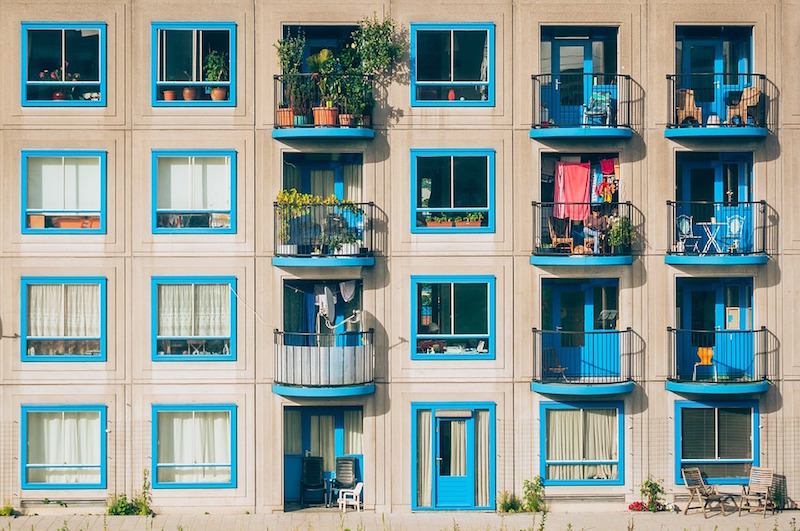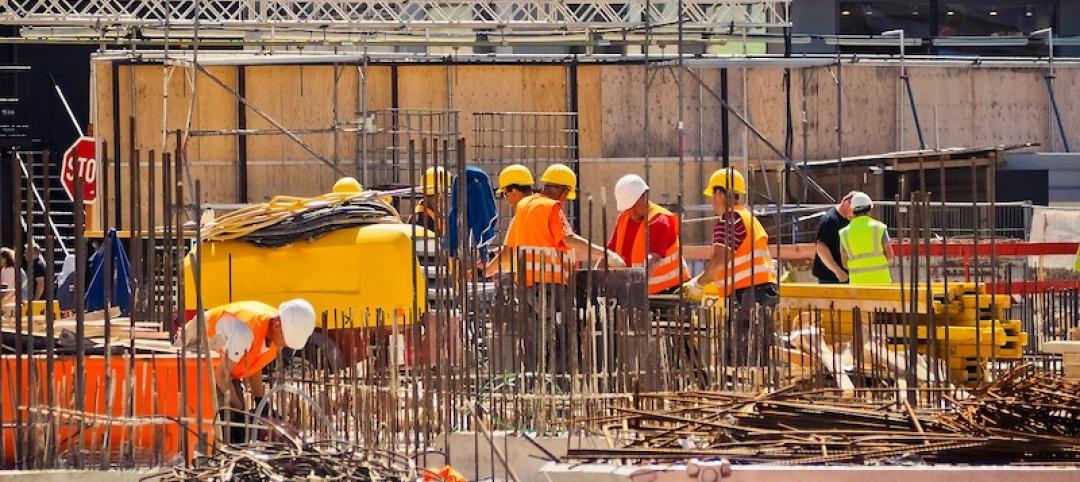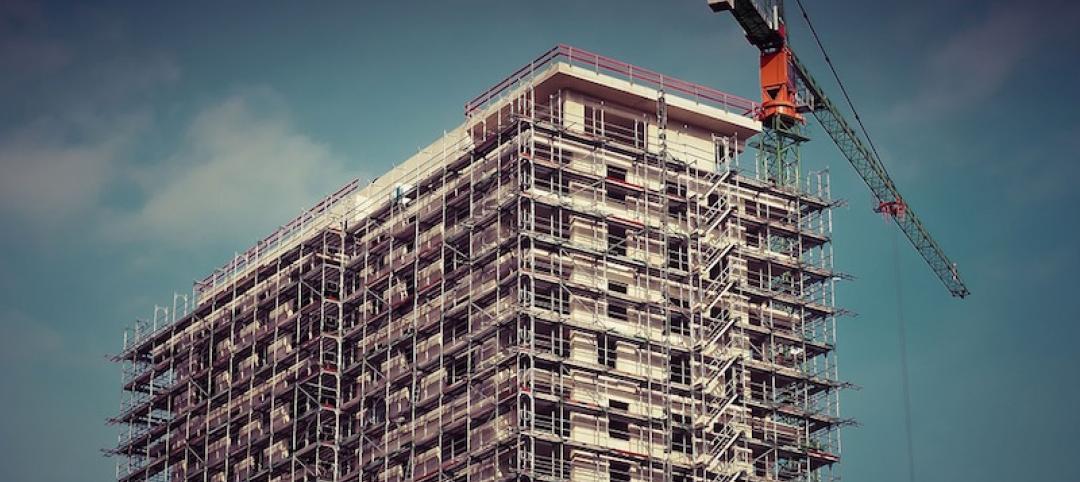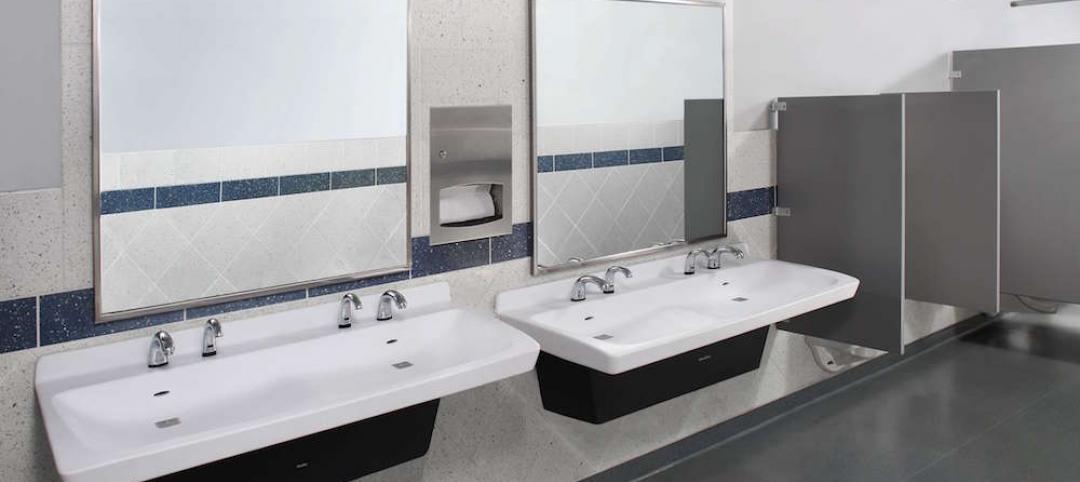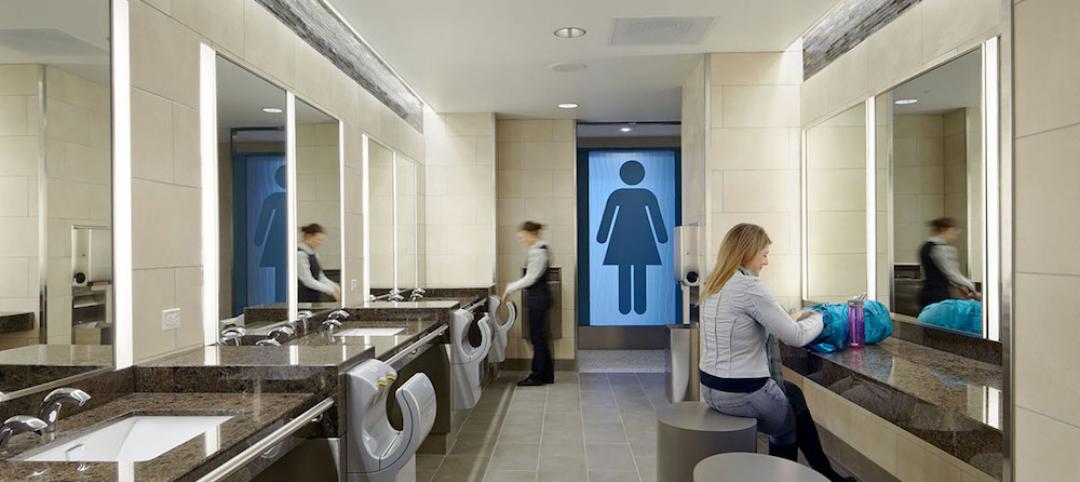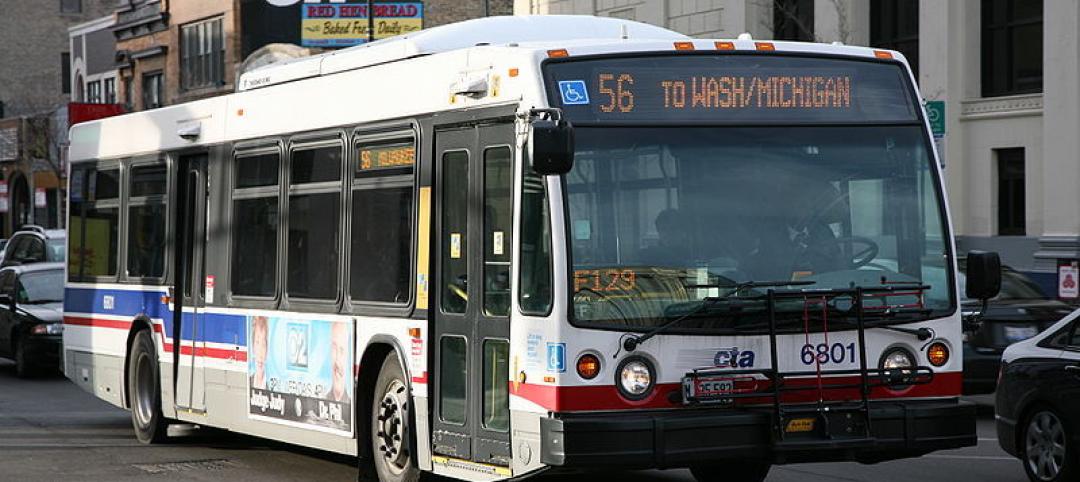Recently, millennials have supplanted Baby Boomers as the largest generation on the planet. With such a huge number of people, many of who are 20-somethings beginning to get a little spending power, you better believe companies are doing everything they can to try and crack the enigma that is the millennial buyer and figure out what they value most (beyond ironic t-shirts, protesting, and coffee shops).
Perhaps unsurprisingly, when it comes to a place to live, what millennials value most is technology. A recent survey from Wakefield Research and Schlage of 1,000 U.S. renters in multifamily dwellings revealed that 86% of millennial renters who live in multifamily dwellings would pay higher rent for a “smart” apartment. For comparison, only 65% of Baby Boomers would pay more for an apartment packed with automated or remote-controlled devices.
The survey also found that over 61% of millennial renters would rent an apartment specifically for electronic access features, such as keyless entry doors, and 55% would pay more for an apartment with high-tech door locks compared to traditional door locks. Another 44% of Millennials said they would sacrifice having a parking spot if it meant they could live in a high-tech apartment. Overall, millennials would pay about one-fifth more for smart home features than other generations.
It isn’t just technology millennial renters are after, however. Convenience and security are also important. 63% of millennial respondents said they would move out of an apartment because of poor security. Additionally, 64% of millennials feel it is more important for an apartment to be closer to work than friends and family.
At least according to this survey, the average millennial renter is more concerned with technology and convenience than anything else in an apartment, and are willing to pay for the things they desire.
The Schlage survey was conducted in October 2016 via email and an online survey.
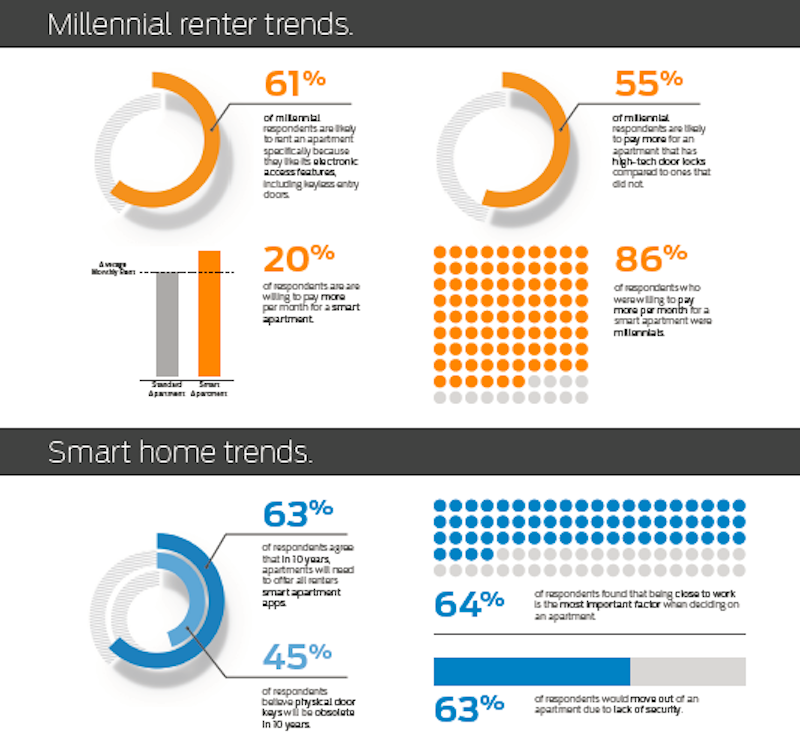
Related Stories
Market Data | Aug 16, 2016
Leading economists predict construction industry growth through 2017
The Chief Economists for ABC, AIA, and NAHB all see the construction industry continuing to expand over the next year and a half.
Healthcare Facilities | Aug 9, 2016
Key strategies to reduce healthcare facility costs and maintain operations
The right approach during the planning, design, and construction of a new facility can yield a positive return on investment and lower the overall cost basis for ongoing operations, writes Steve Higgs, Senior Managing Director with CBRE Healthcare.
Laboratories | Aug 8, 2016
The lab of the future: smaller, flexible, tech-enabled, business focused
A new CBRE report emphasizes the importance of collaboration and standardization in lab design.
Industry Research | Aug 5, 2016
47 states experienced improvement in year-over-year construction unemployment rates in June
The drop in the construction unemployment rate from June 2015 extends the uninterrupted monthly sequence of year-over-year rate decreases that started in October 2010, according to Bernard M. Markstein, PhD, President and Chief Economist of Markstein Advisors.
Industry Research | Aug 2, 2016
Nonresidential construction spending declines again in June
On a year-over-year basis, nonresidential construction spending has fallen 1.1 percent, marking the first annual decline since July 2013
Industry Research | Jul 26, 2016
AIA consensus forecast sees construction spending on rise through next year
But several factors could make the industry downshift.
Industry Research | Jun 15, 2016
Survey: Americans avoid touching handles but use their phones in public bathrooms
Bradley’s 2016 Healthy Hand Washing Survey offers insights into restroom use.
Industry Research | May 11, 2016
Why corporate bathrooms stink and how good design can fix this
Despite their importance, bathrooms are often overlooked when it comes to building design. Gensler's Johnathan Sandler spoke with people in the industry and detailed some of the biggest gripes.
Big Data | May 5, 2016
The Center for Neighborhood Technology has launched the largest source of transit data in the country
AllTransit analyzes the social benefits of good transit service by analyzing data related to health, equity, and economic development.
Industry Research | May 5, 2016
National survey reveals offices aren’t built to benefit employees
A Saint-Gobain and SageGlass Work Environment Survey found insufficient access to daylight, poor air quality, and distracting noise at workplaces as the major issues experienced by employees


